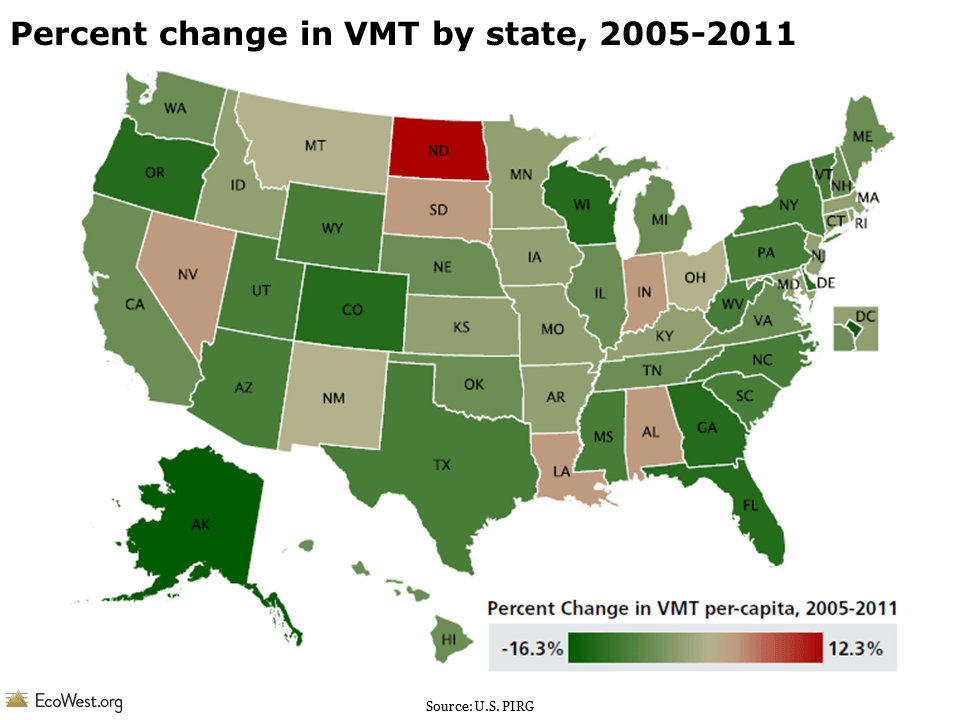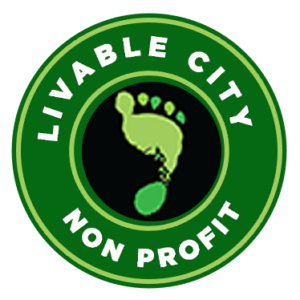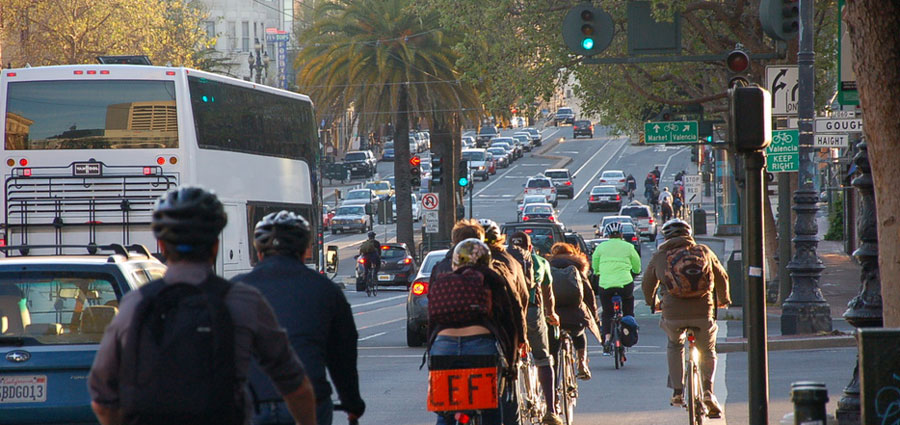On Thursday March 3, San Francisco’s Planning Commission unanimously approved an essential, and long overdue, change to the way it reviews projects under the California Environmental Quality Act (CEQA). The Commission replaced automobile level of service (LOS), a measure of automobile delay at intersections, with vehicle miles travelled (VMT) as their chief transportation measure for analyzing projects.
This change was proposed in San Francisco over a decade ago. In 2014 the Governor’s Office of Planning and Research (OPR) proposed replacing LOS with VMT statewide. OPR has been slow to finalize its guidelines, so Planning Department staff have proposed that the City replace LOS with VMT sooner rather than later, and use OPR’s draft guidelines until OPR finalizes them. Acting now rather than later is smart. VMT is a better measure of environmental impact, since increases in VMT correlate directly to increased greenhouse gas emissions and air pollution. The Planning Commission’s action will facilitate projects that improve walking, cycling, transit, and street safety – wider sidewalks, traffic calming, crosswalk improvements, bicycle lanes, cycle paths, transit lanes and other transit-priority measures.

Walking, cycling, and public transit are more space-efficient than private autos. Reallocating road space from autos to sustainable, and space efficient, modes of transportation may decrease auto LOS, but can more people overall, and reduce the environmental impact of transportation by enabling a mode shift from private autos to more sustainable transportation modes. LOS analysis can delay environmentally beneficial projects like bus and bicycle lanes, and measures to maintain auto LOS can compromise these projects’ effectiveness. Using VMT as a transportation measure better accounts for the environmental benefits of such projects, and will allow them to proceed without additional cost and delay.
This change is important, and is part of a larger update of the Planning Department’s environmental review standards for transportation. Livable City is advocating for better pedestrian and bicycle safety mitigations for projects, and stronger standards for auto trip reduction and sustainable transportation in new developments.




